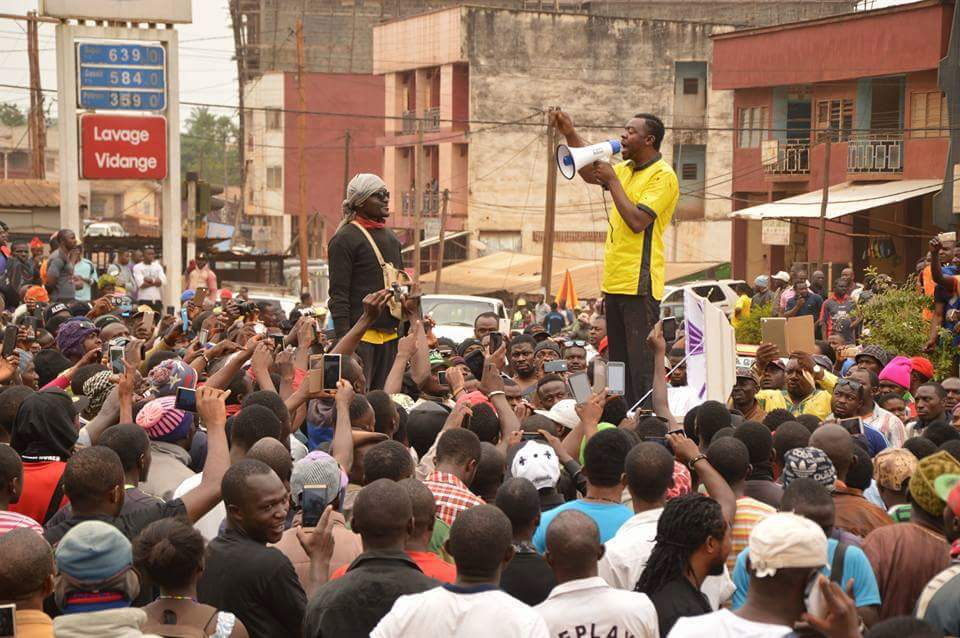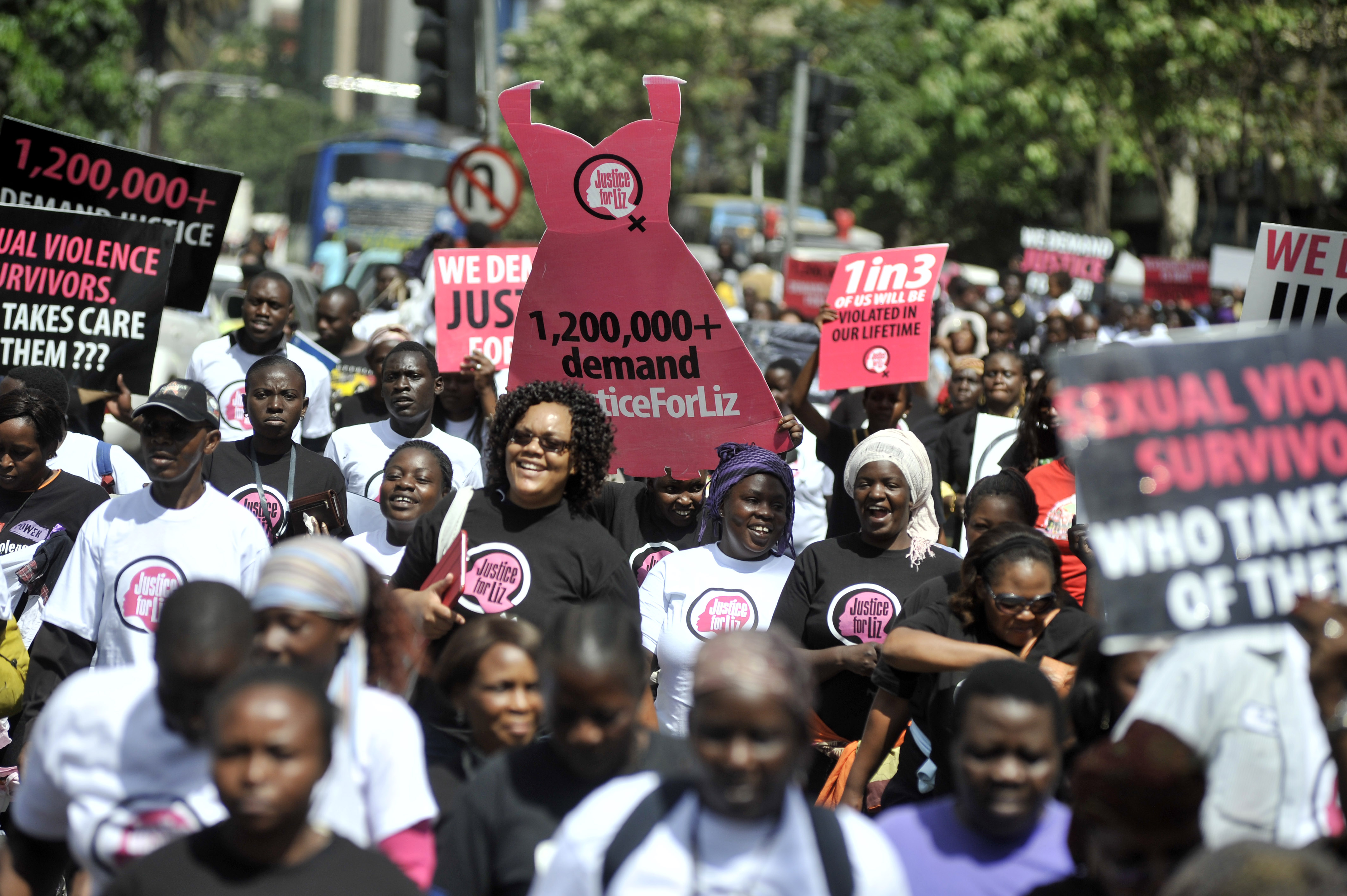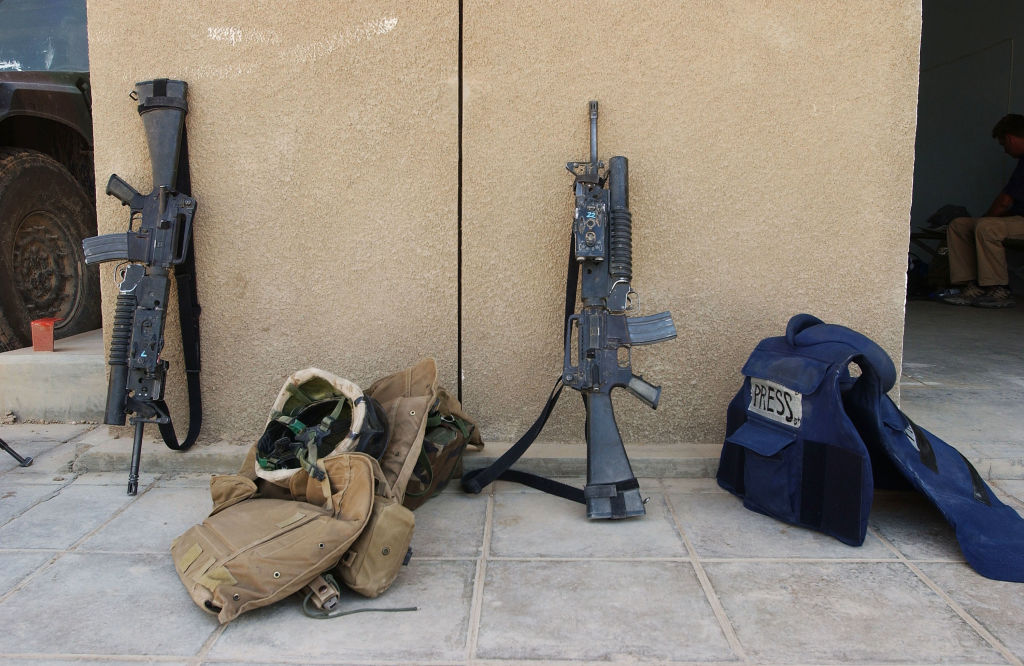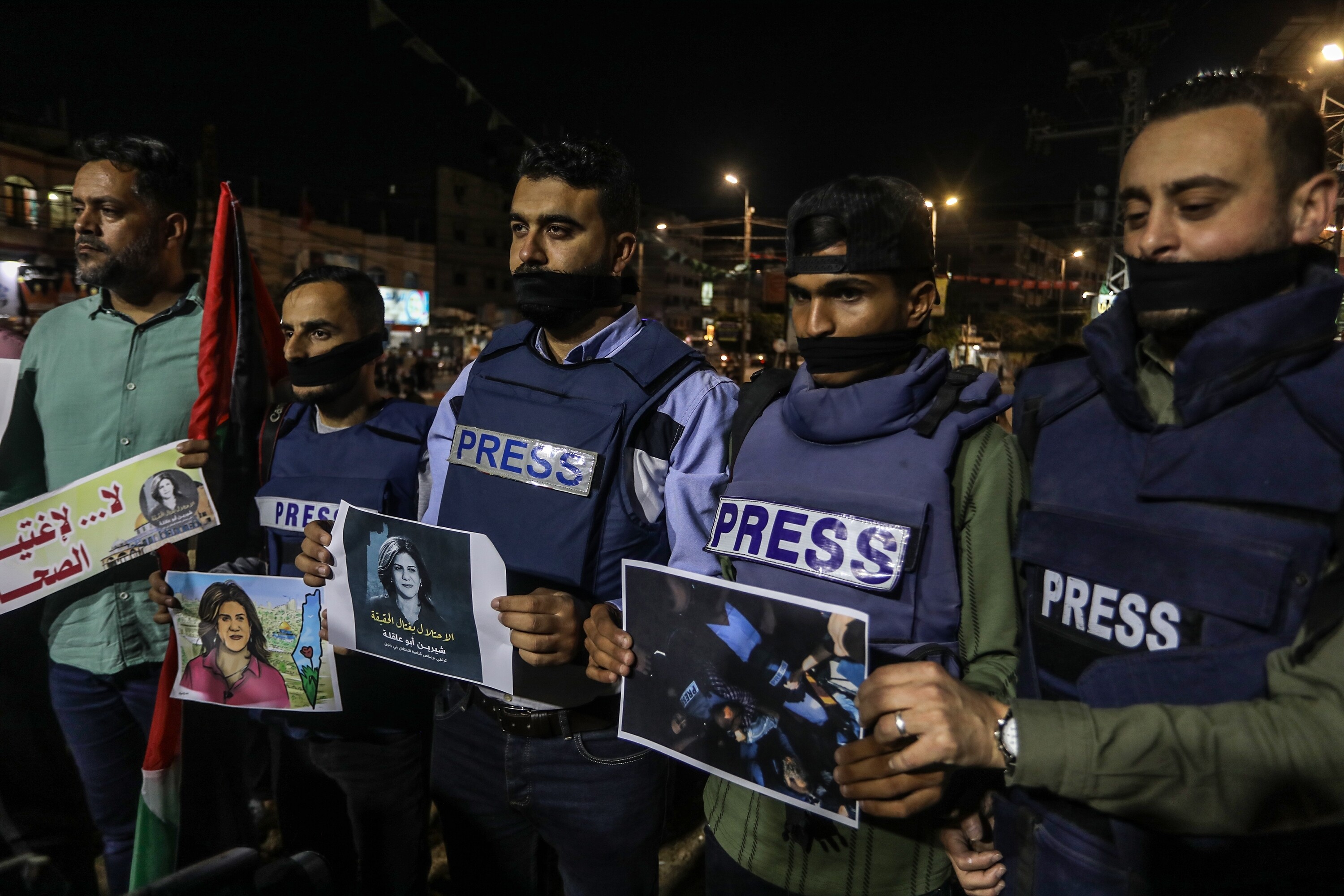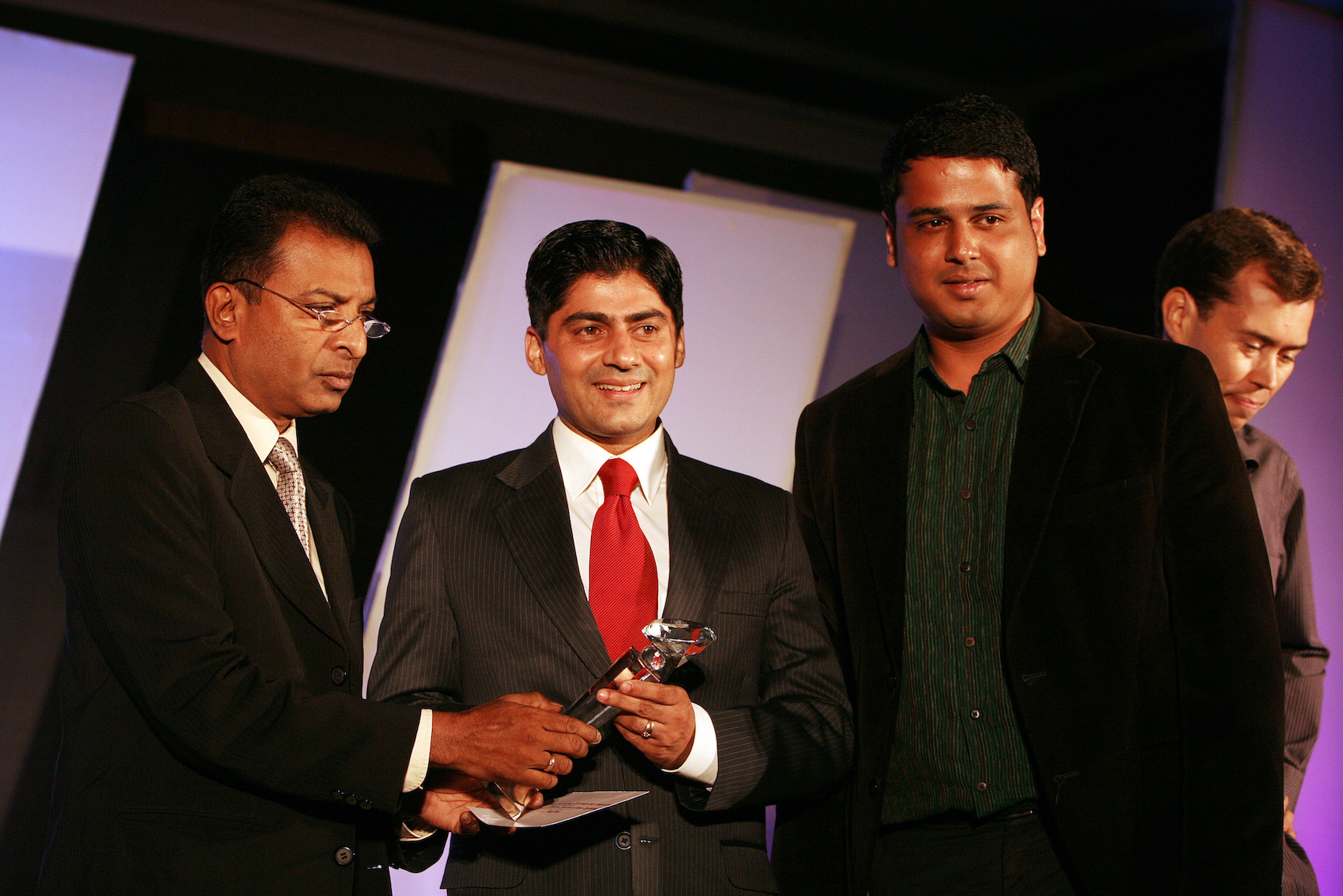On October 16, Israel’s consul general in India, Kobbi Shoshani, wrote a post on social media platform X, formerly Twitter, accusing Indian journalist and fact-checker Mohammad Zubair of “spreading fake news and hatred about Israel."
Zubair, cofounder of the Indian fact-checking platform Alt News, had been incessantly writing posts debunking the disinformation about the ongoing war in Gaza. Most of his posts called out the Israeli government for peddling fake news on the situation in Gaza. This did not go down well with the consul general, and hence he came out with such a response—personally targeting a journalist—unusual for a diplomat.
But Shashoni did not pinpoint any instance or give any evidence to back his accusation against Zubair, who had just a few days ago won an international award, the Index on Censorship Journalism Award for 2023, for his role in curbing misinformation, a growing menace in India, where a whopping 1.2 billion internet users in 2023 used the internet.
Since early October, when the ongoing violence in Gaza began, Zubair and his team of 10 fact-checkers have been busy combating the fake news concerning the war.
According to Zubair, Hindu nationalists have been responsible for roughly two-thirds of the disinformation about the conflict. In response, Alt News dedicated a significant share of its time and resources to fact-checking the news on the war in Gaza.
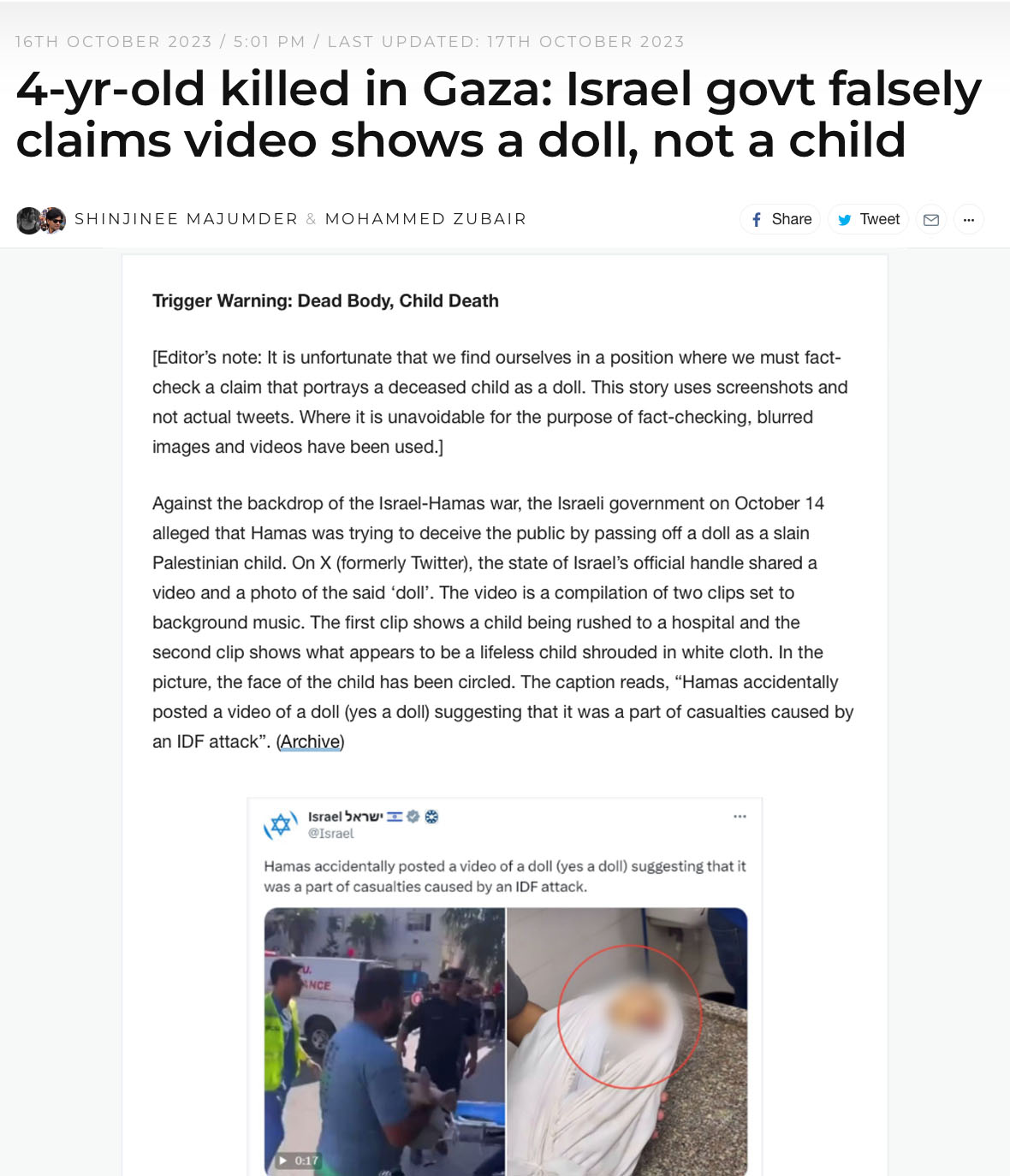
“I have myself debunked at least 20 misleading claims so far,” said 22-year-old Shinjinee Majumder, a fact-checker with the outlet.
Similarly, her colleague Oishani Bhattacharya said she has done around a dozen stories, fact-checking the fake claims and news on the situation in Gaza.
Among the examples of fake news concerning the conflict that Majumadar has debunked was a post shared by the Israeli government on X with the claim that Hamas had put out a video of a doll on the internet and passed it off as a child killed by Israeli forces.
Alt News ran a detailed fact check, contacting the people in Gaza who had clicked the visuals and first shared it on the internet, which revealed that it was not a doll in the video but indeed a child named Omar Bilal Al-Banna who was killed in the Al-Zaytoun neighbourhood, east of Gaza City.
By the time the Israeli government was forced to delete the disinformation post, it had garnered millions of views, and the video clip had been shared and posted by many others, including Hindu nationalists.
Majumdar said the number of Indians sharing misinformation and disinformation around the conflict is "jarring."
The Hindu nationalist trolls who support the Bharatiya Janata Party of Prime Minister Narendra Modi have been leading the online campaign—mostly disinformation laden with vile Islamophobia—in support of Israel, painting people in Gaza in general and Hamas in particular in bad light.
But what explains this phenomenon of Hindu nationalists taking the side of Israel? The simple answer can be put in one word: Islamophobia.
Historically, the Indian state and people have been sympathetic to the Palestinian cause. India was among the list of countries that voted against the partition of Palestine and the creation of Israel in the United Nations in 1948 and was the first non-Arab country to recognise the Palestine Liberation Army, or PLO, as the representative of the Palestinian people. It continued to vote against Israel at the UN and recognised Palestine in 1988. The solidarity was rooted in the shared colonial histories of both places.
But things took a turn in 1992, when India and Israel established full diplomatic relations. Since then, the governments of both countries have engaged in trade deals and cooperation in agriculture. More importantly, the highlight of the engagement is the cooperation in the field of defence, with India being the biggest buyer of Israel’s war equipment, reportedly spending more than $1 billion per year.
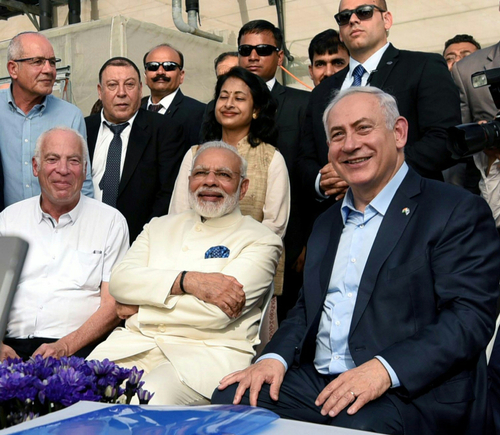
Since 2014, the year Prime Minister Narendra Modi assumed power, the anti-Muslim sentiment in the country has grown, as has the admiration for Israel. Hindu fanatics often make calls for emulating Israel's policy in occupied Palestine against Indian Muslims too.
They justify this by claiming that both countries are “victims of Islamic terrorism."
Modi was among the first leaders to come out in solidarity with Israel after Hamas's inclusion on October 7. Though two weeks later, he made a call to Palestinian President Mahmoud Abbas after the bombing of Al Ahli Hospital, India abstained from voting at the UN for a ceasefire in Gaza, reportedly citing a lack of explicit confirmation of the Hamas attack.
On November 2, S. Jaishankar, India's external affairs minister, while speaking at a conference in Italy, called the October 7 incident a “big act of terrorism."
The government’s stance has emboldened Hindu nationalist supporters to be unhinged in spreading misinformation targeting Palestinians.
Majumdar said that the misinformation emerging from the conflict in Gaza found fertile ground in India. Presently, she said, Islamophobia is rampant in almost every sphere of life in the country. The fake news targeting Muslims constituted around 40% of all the misinformation and disinformation debunked by the website in 2022, she said.
Alt News, which runs on public donations, was started in 2017 by Zubair and Pratik Sinha, both of whom are trained software engineers. Their work has been instrumental in the fight against disinformation and hate spread by the massive digital army of Hindu nationalists whom the ruling party patronises.
This has, however, invited the anger of trolls who have accused Alt News of spreading “Islamist” and “leftist” propaganda. In 2022, Zubair was arrested and jailed for more than 20 days in multiple cases filed on flimsy grounds based on the complaints of anonymous accounts. The arrest came as India saw itself battling a diplomatic crisis with Muslim countries after Zubair called out a spokesperson of Modi’s party for making derogatory remarks about Prophet Muhammad on a news show.
However, the action has failed to dent the spirits of Zubair and his team of ten fact-checkers, as is evident from their efforts to “bust the propaganda” on the war in Gaza, which has not only helped in bringing out the truth but also played a role in countering the efforts of the Hindu nationalists to use the conflict to spread hatred against Muslims.
Moreover, Mujadamdar says, the website’s global audience base has grown in the last few weeks, and they are getting requests for fact-check requests on their helpline from people outside India.
“This suggests that Alt News has been seen globally as a credible fact-checking platform in these difficult times,” she said.
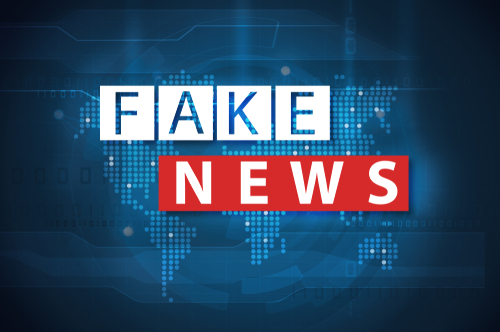


























![A demonstration against Israel's war on Gaza on Paulista Avenue in São Paulo on November 4, 2023, draws attention to the deaths of children while the media focuses on the war against terrorists. [Photo: Lina Bakr]](/sites/default/files/ajr/2024/Picture1.png)

